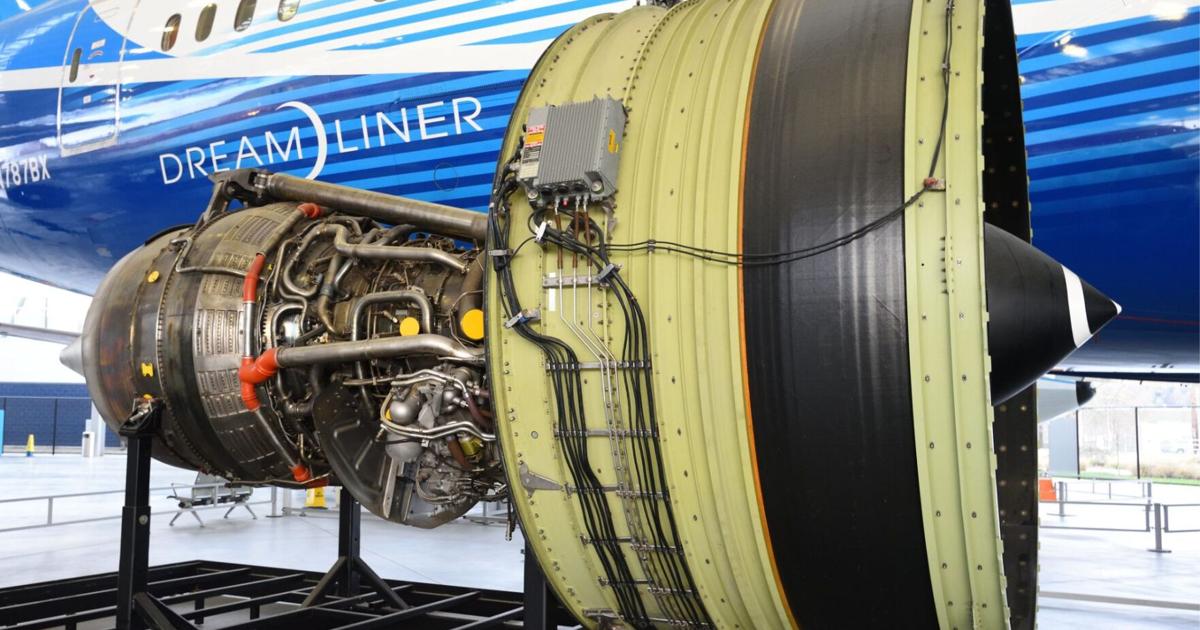The title without reference to the source could be: “Is Artificial Intelligence a Blessing or a Curse for Humanity in Work and Life?”

The era of artificial intelligence is upon us, sparking both excitement and apprehension as the widespread use of AI tools continues to transform various industries. As we navigate this technological revolution, it is crucial to recognize the vast opportunities and potential risks that AI presents.
In today’s ever-evolving job market, staying competitive requires a constant commitment to learning and adaptation. AI has seamlessly integrated into many functions that were previously human-led, now serving as indispensable assets that enhance employability and reshape the employment landscape. AI-powered recruitment tools have revolutionized the hiring process, automating resume screening and matching candidates with job requirements. This shift allows recruiters to focus on evaluating candidates based on values and cultural fit, resulting in more effective hiring decisions and ultimately benefiting the organization’s bottom line.
Learning and development are essential for improving capabilities and building competencies, and AI-driven platforms now offer tailored training experiences. These tools assess individual learning styles and customize educational content to enhance skill development in specific fields. In addition to technical skills, the importance of soft skills, such as problem-solving and communication, is emphasized in AI-driven learning approaches.
With the rise of remote work due to various factors like the pandemic and work-life balance policies, AI virtual tools have become essential in facilitating collaboration and productivity. Proficiency in using these tools is now a valuable skill for navigating evolving work environments, highlighting the need for individuals to adapt to new technologies.
While AI fosters technological progress and innovation, it also raises concerns about job displacement and ethical implications. Biased data used to train AI algorithms can perpetuate existing inequalities, while the collection of personal data for AI analysis raises privacy concerns. Responsibility for AI-driven decisions and accountability in case of errors must be addressed to mitigate potential negative impacts on society and human values.
To navigate this new reality, awareness and reskilling for the future are key. Individuals must learn how to protect their personal data, discern fake information, and embrace AI tools to thrive in the evolving job market. By integrating AI into professional lives and prioritizing the development of essential soft skills, individuals can harness the opportunities AI offers while mitigating its potential threats.
In conclusion, while machines excel at data analysis, humans remain unique in their emotional intelligence and innovative capabilities. It is essential for individuals to unlock their creativity, upskill, and embrace new tools to adapt to the demands of the future. Embracing AI as a strategic imperative will enable individuals to thrive in the ever-changing landscape of work.
About the Leader:
Sana Hammad, co-founder and CPO at MARLEQ OÜ (Estonia), is a forward-thinker in the realm of AI and HR. With an MBA in HR from German Jordanian University, Sana is also an AdA Executive Board Member at the German-Arab Chamber of Industry and Commerce. Visit MARLEQ’s website at marleq.com and connect with Sana on LinkedIn to stay updated on her innovative contributions to the industry.






